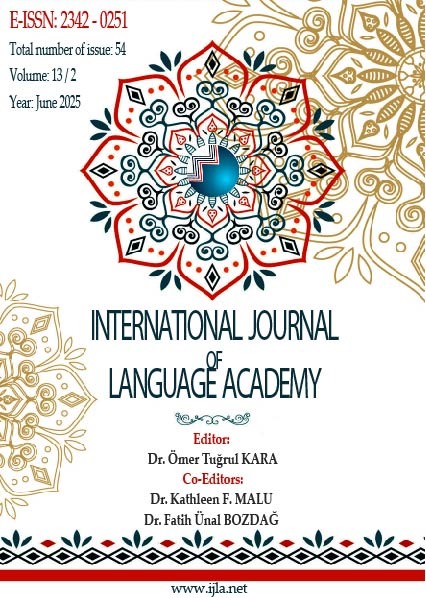CHALLENGES WITH EMERGENCY REMOTE LEARNING FROM THE PERSPECTIVE OF STUDENTS IN THE CONTEXT OF COVID-19
Author :
Abstract
Keywords
Abstract
Due to the rapid emergence of the Covid-19 pandemic, universities have had to react to the new circumstances by transitioning from in-person education and practices to a completely online model. Turkey's translation and interpretation (T&I) programs made a similarly unprepared transition to the Internet. However, during their first year, students may struggle to learn and to translate when studying with Emergent Remote Learning (ERL). This study aims to answer the following question: What challenges did first-year T&I students have when studying via ERL during the COVID-19 pandemic? The researchers chose the setting of a recently established T&I program at a small public university in southeast Turkey. In the post-pandemic phase of 2021, it gathered qualitative data from 29 first-year students through reflection forms and classroom discussion. The results were themed under four categories; 1) Lack of expertise with ERL; 2) Lack of physical resources, such as computers, internet, and study space; 3) Psychological barriers, such as social isolation and trouble concentrating on screens; and 4) difficulties returning to face-to-face interactions after the pandemic time. The findings show that more research is needed to better understand ERL in I&T and increase crisis preparedness for future. In order to create a captivating, and inclusive ERL that can help all learners regardless of their unequal background, it is essential to get feedback from them and include different stakeholders such as the technological department or health center.





